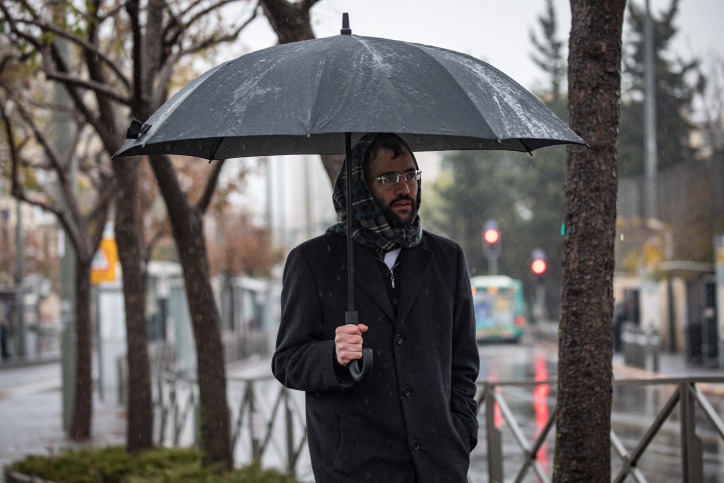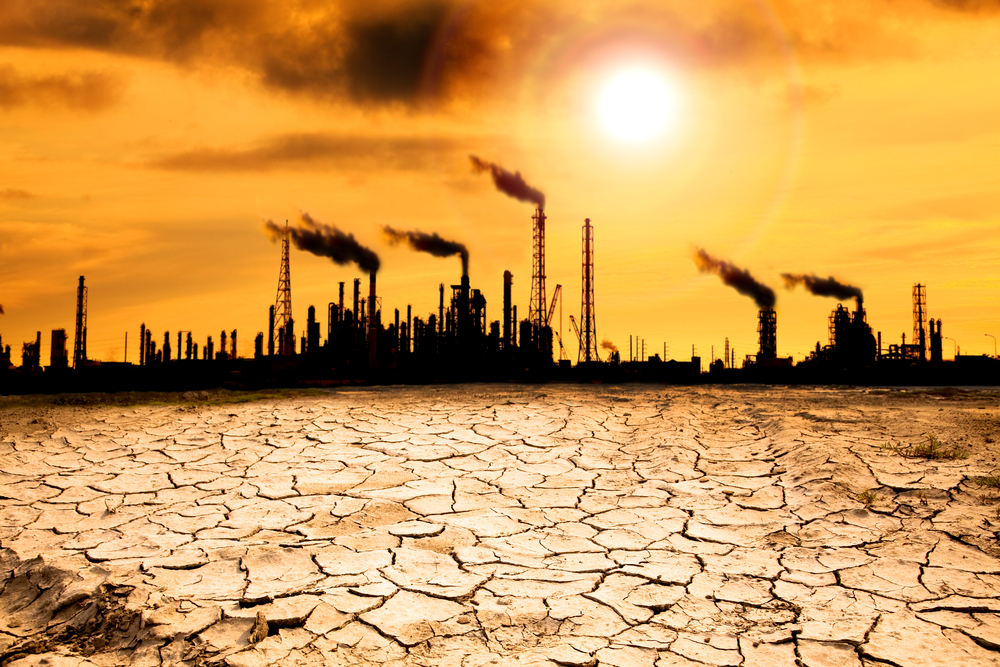Veteran Meteorologist: "These Are Unseen Phenomena in Israel for Decades"
Sweltering heat followed by floods and rain - these are extremely rare events in Israel. Veteran meteorologist Tzachi Waxman from 'Meteo-Tech' offers a fascinating analysis, comments on the surprising data, and advises: "Don't be surprised by the rain expected on Shavuot."
 Meteorologist Tzachi Waxman
Meteorologist Tzachi WaxmanIf you find yourself surprised every day while updating the weather forecast, you're not alone. The intense heatwaves we experienced last week, followed by the rains that hit us at the start of this week, and most notably - the rain expected on Shavuot, have also caught the seasoned meteorologists at 'Meteo-Tech' by surprise.
Meteorologist Tzachi Waxman shares: "The heatwave we experienced last week was not unusual in its severity, but it was very rare in its duration. Similar heatwaves occurred only a few decades ago. The last one was in April 1998, and before that, similar heatwaves were in 1960 and 1935. Most of them were shorter than the heatwave of last week, so it is definitely considered unusual.
"The rains at the beginning of this week were also rare for May. This period usually sees just one rainy day with relatively small amounts of precipitation, whereas in the past month, the northern region received about five rainy days, with amounts much higher than average."
 (Photo: Oliver Fitousi / Flash 90)
(Photo: Oliver Fitousi / Flash 90)Regarding the rain expected on Shavuot, Waxman says it is not so unusual: "It occasionally happens that it rains at the end of May, as it is the end of the rainy season. Although it is considered rare, it occurs every few years. In any case, we are not expected to have a downpour this year, but rather a drizzle on Friday in the northern region."
"Even We Meteorologists Were Surprised"
You mentioned encountering unusual weather events in recent months, is there a logical explanation for this?
"It's hard to give a definitive explanation because even we do not understand it. The only possible connection between the phenomena might be the research indicating that global warming is leading to an increase in the frequency and intensity of heatwaves worldwide. On the other hand, studies also point to a rise in extreme rain and flood events, which we are also experiencing. These are not new findings; they were predicted about a decade ago when the World Meteorological Organization declared that heatwaves and droughts were expected to grow or intensify, as well as floods and extreme events of cold and snow. It seems this trend is indeed happening in practice."
However, Waxman emphasizes that it is still difficult to know how things will continue to manifest in the future, and it is also impossible to definitively say whether specific rain or heatwaves are related to global warming or not.
 (Photo: Shutterstock)
(Photo: Shutterstock)We can’t overlook the rainy winter we experienced. Were you meteorologists surprised by it?
"Indeed, we were definitely surprised by the large amounts of rain that fell last winter," Waxman agrees. "Firstly, in our seasonal forecasts, we assumed that the winter season would be around average, maybe a little more. In actuality, we had a rainy winter with about 130% of the average rainfall. What’s even more surprising is that this is the second consecutive year with such significant rainfall, as the previous winter also featured similar figures. The probability of such a sequence of two consecutive years with such rainfall amounts is quite uncommon and, in fact, I believe it last happened about 50 years ago."
Another interesting phenomenon encountered by meteorologists over the past two winters was that despite the significant rainfall and low temperatures, no snow fell in the Judean mountains or the Jerusalem area. "At first glance, this seems strange because generally, seasons with abundant precipitation in Israel also bring significant snow events, but this did not happen in the past winters. Essentially, we had two rainy and cold winters, but devoid of snow."
Also here, he says, there is no explanation. "Particularly," he adds, "since during the winter of 2014, which was one of the driest ever recorded in Israel, we saw the season open with one of the strongest and harshest snowstorms the country has ever known, which essentially represents the exact opposite - a dry winter but a significant snow system."
And what about the forecast for the upcoming summer? Can you predict what we're heading towards?
"We can predict based on the models and analyses we conduct, but so far, we have achieved about a 70% success rate in seasonal forecasts, so it is certainly impossible to predict accurately. In any case, as it looks now, the upcoming summer is expected to be slightly above average, but considering that summers in Israel are always hot, slightly above average means very hot."
And just before you rush to buy air conditioners, he adds: "As I mentioned, it is difficult to predict precisely what will happen; we don't have the ability, and I personally find myself surprised again every time."

